Motorola Edge 50 Ultra vs Google Pixel 8 Pro
We may earn a commission if you make a purchase from the links on this page.

Intro
Motorola announced its Edge 50 series back in 2024, but this phone still offers a great bang for your buck. The best model in the range is the Motorola Edge 50 Ultra, a true flagship with aspirations to take down the big boys, or at least give them a serious run for their money.
Today, we're going to make a quick comparison between the aforementioned Motorola Edge 50 Ultra and Google's last gen flagship, the Pixel 8 Pro. These two phones have a lot in common, but they are also very different in some aspects.
The Motorola aims for raw power and specs, while the Pixel 8 Pro, as we all know, is heavy on AI and other software tricks. Which one is the better smartphone? Let's try and find out!
Motorola Edge 50 Ultra vs Google Pixel 8 Pro differences:
| Motorola Edge 50 Ultra | Google Pixel 8 Pro |
|---|---|
| Wood and leather back options | Good old Gorilla Glass |
| Potentially faster Snapdragon 8s Gen 3 chipset | Tensor G3 is not the fastest out there, but comes with a lot of AI tricks |
| More base storage | The 256GB base option comes at the same price as the 512GB Moto |
| Faster charging, smaller battery | Slower charging, but bigger capacity on the battery, potentially better battery life |
| 144Hz display, but just FHD+ resolution | 120Hz display with higher resolution |
Table of Contents:
Read more:
Design and Size
Knock on wood
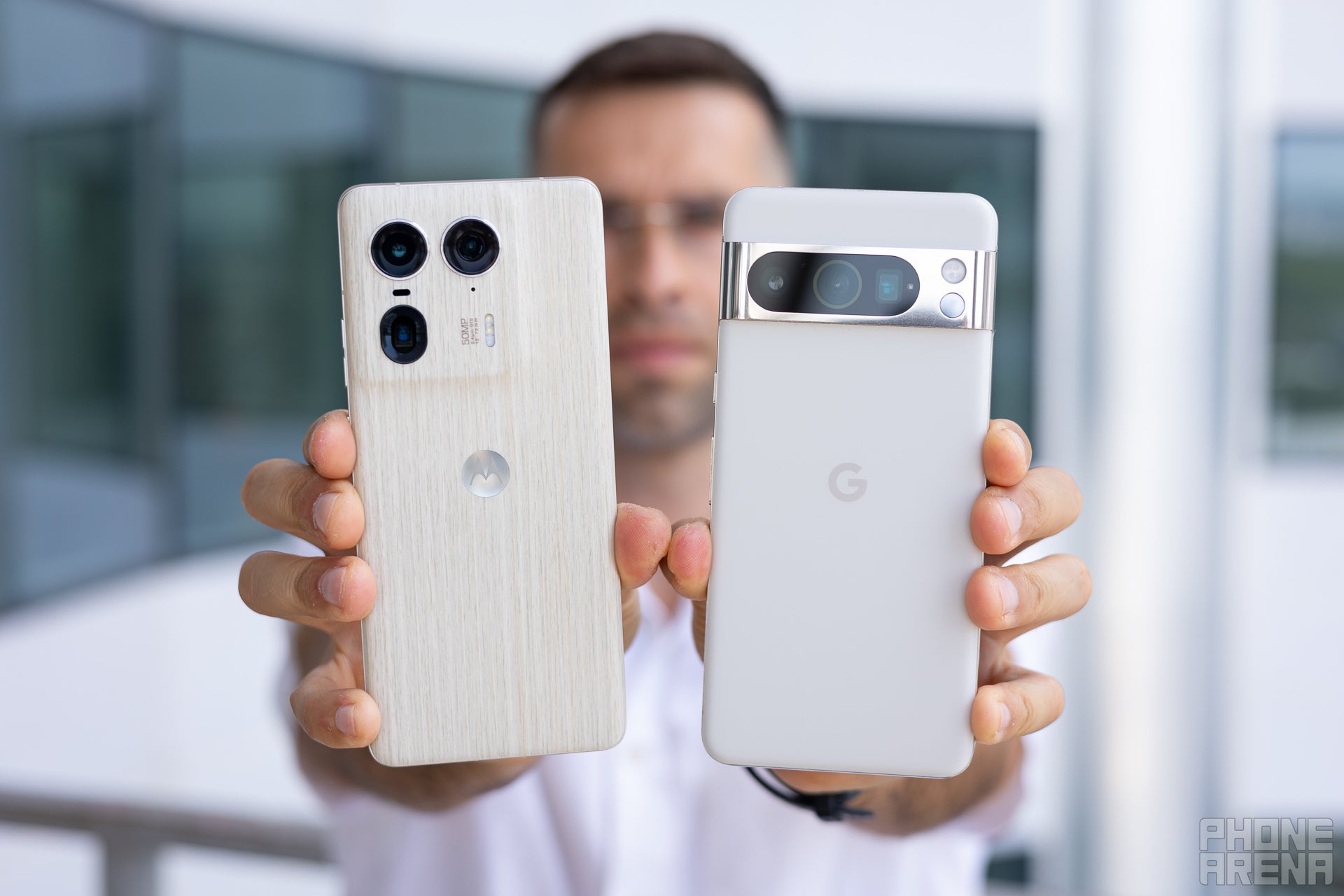
Wood versus glass, which one is better? (Image by PhoneArena)
Finally! We have arrived at a point where there's a flagship phone with unique build materials. The Motorola Edge 50 Ultra features a wood back option (that's right) and also a vegan leather one, while the good old Pixel 8 Pro comes with Gorilla Glass on the back.
There are design differences all around. The Motorola sports a much classier, flush-with-the-body camera system (gently curving out), while the Pixel 8 Pro uses an iteration of the camera bar.
When it comes to size, the Motorola is more compact, even though the screen diagonal is the same. As you might've guessed, we're talking about a curved screen, so it might not be everyone's cup of tea. The Motorola is also lighter—not by a ton, but a little lighter nonetheless.
There are design differences all around. The Motorola sports a much classier, flush-with-the-body camera system (gently curving out), while the Pixel 8 Pro uses an iteration of the camera bar.
When it comes to size, the Motorola is more compact, even though the screen diagonal is the same. As you might've guessed, we're talking about a curved screen, so it might not be everyone's cup of tea. The Motorola is also lighter—not by a ton, but a little lighter nonetheless.
The Pixel 8 Pro comes in Porcelain, Obsidian, and Bay Blue, and the Motorola is available in Forest Grey (silicone/vegan leather), Peach Fuzz (silicone/vegan leather), and Nordic Wood (wood).
Display Differences
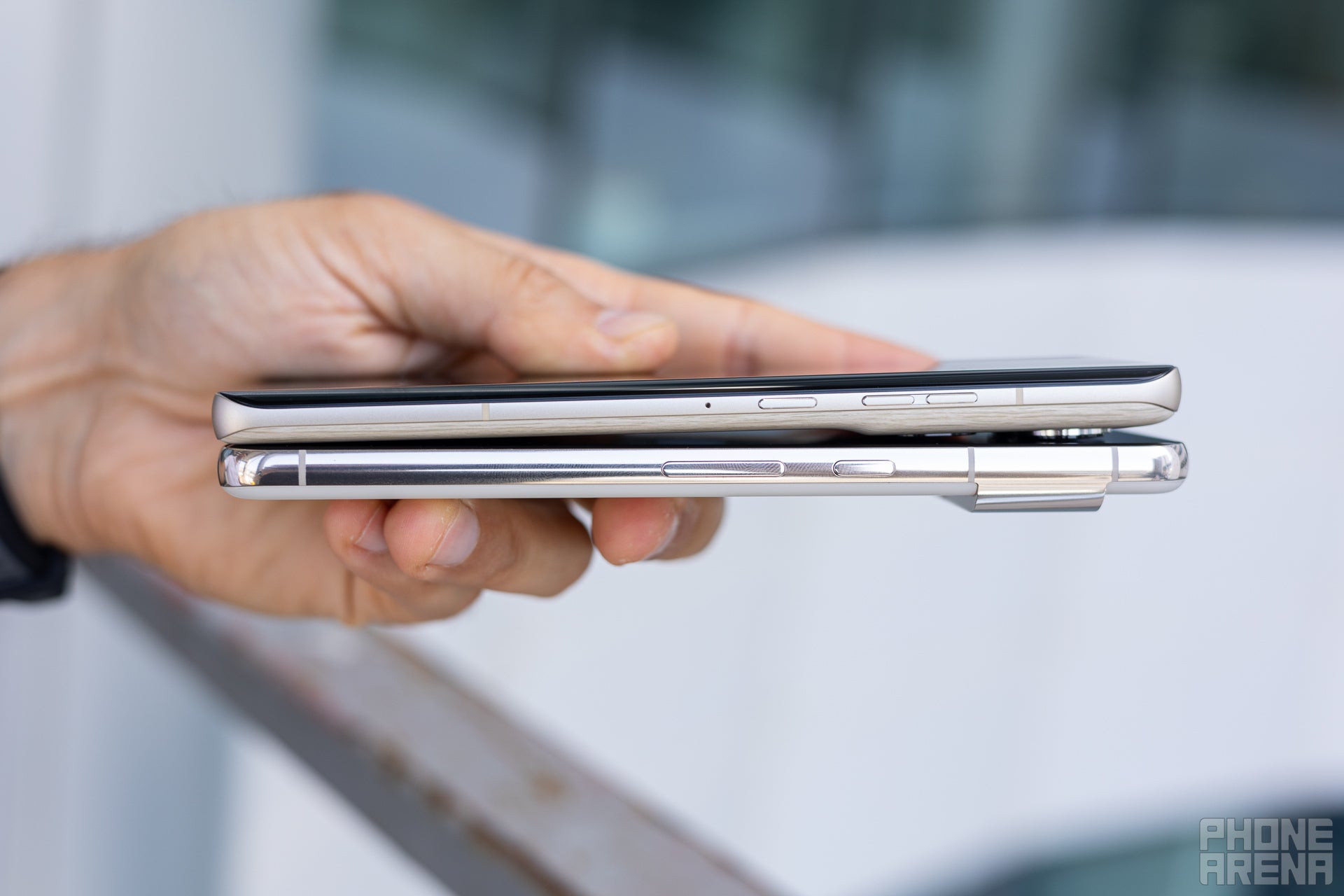
To curve or not to curve. The eternal smartphone question (Image by PhoneArena)
Moving to the display department, there are again differences to be found. The Motorola features a FHD+ display (2400 x 1080 pixels, 20:9 ratio, 393 PPI), while the Pixel 8 Pro comes with a higher resolution panel at 2992 x 1344 pixels and 490 PPI.
On the other hand, the Motorola can do 144Hz display refresh rates, while the Pixel 8 Pro tops at 120Hz. As we mentioned above, the Motorola uses a slightly curved display, while the one on the Pixel 8 Pro is flat, so that's another consideration right there.
On the other hand, the Motorola can do 144Hz display refresh rates, while the Pixel 8 Pro tops at 120Hz. As we mentioned above, the Motorola uses a slightly curved display, while the one on the Pixel 8 Pro is flat, so that's another consideration right there.
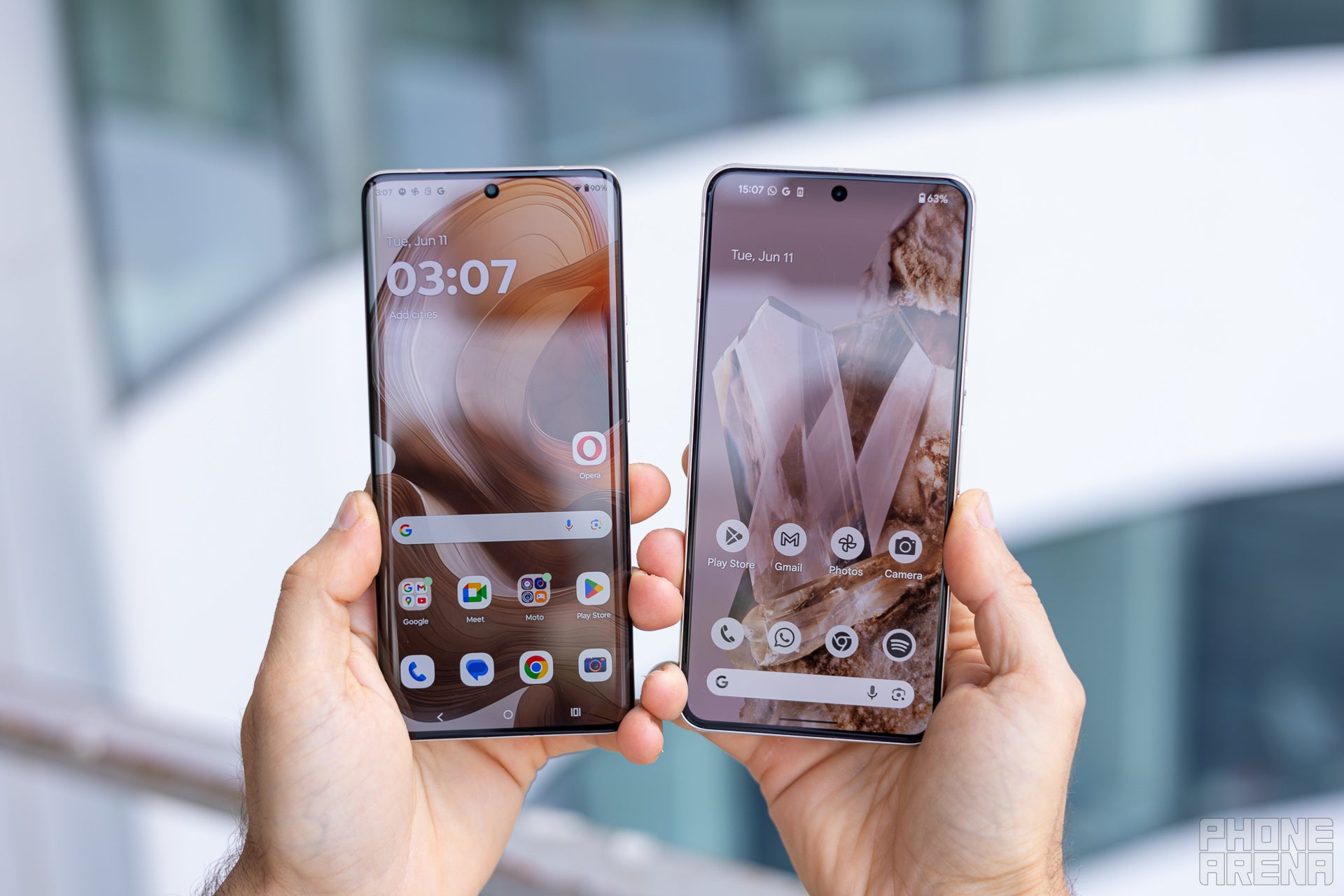
Both displays are bright and detailed (Image by PhoneArena)
In terms of brightness, Motorola cites 2,500 nits of peak brightness, and we will test this claim once the phone arrives. The Pixel 8 Pro has 2,400 nits of peak brightness on its specs sheet, and we were able to measure 1,449 nits, which is one of the highest results we've had. Looking at the test results below, we can't help ourselves but be amazed at how close these two are. The Motorola shone with 1,456 nits, and the color temperature and accuracy were also very close to its rival's parameters.
Display Measurements:
As far as biometrics go, both phones rely on under-display fingerprint scanners, with the Pixel 8 Pro also offering a face recognition option. The scanner in the Motorola is decent enough, and the phone also sports facial recognition, so again, these two are very closely matched.
Performance and Software
Power versus brains
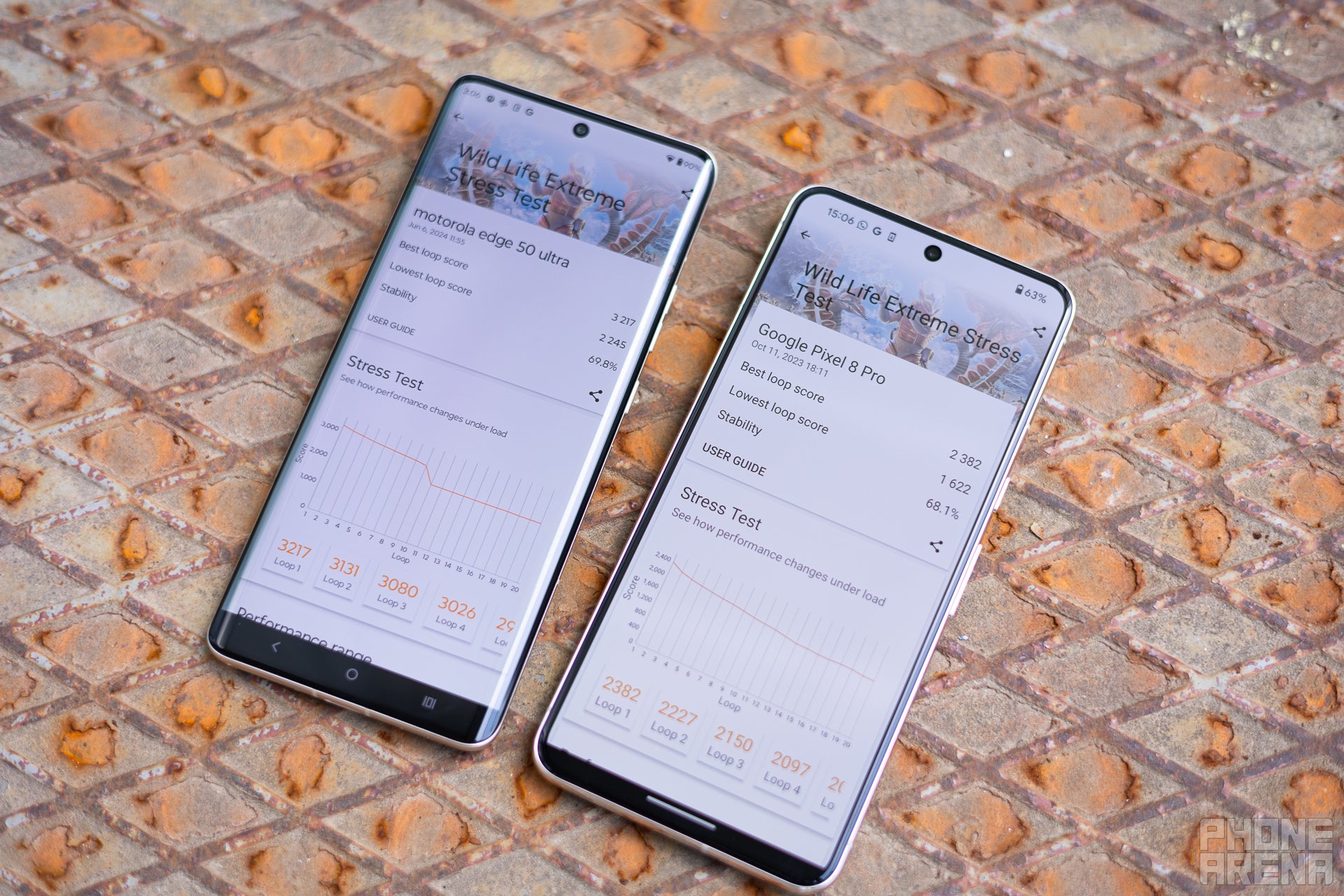
The Snapdragon 8 Gen 3 destroys the Tensor G3, but does it matter? (Image by PhoneArena)
The Motorola Edge 50 Ultra comes with the newest Snapdragon 8s Gen 3 chipset, a special version of the regular Gen 3, focused heavily on generative AI and on-device AI, which is not as powerful as the regular 8 Gen 3, but much more efficient. The Pixel 8 Pro uses a third-generation Tensor chipset, which employs an AI-centric philosophy from the get go.
We expected the Snapdragon to be the faster chip here, especially when it comes to raw power and synthetic benchmark scores, and looking at the scores below, our expectations have been fulfilled. That being said, the Tensor G3 is now much closer to the Qualcomm silicon, especially when we talk about the 8s mode. In real-life scenarios you probably won't notice much of a difference between the two.
We expected the Snapdragon to be the faster chip here, especially when it comes to raw power and synthetic benchmark scores, and looking at the scores below, our expectations have been fulfilled. That being said, the Tensor G3 is now much closer to the Qualcomm silicon, especially when we talk about the 8s mode. In real-life scenarios you probably won't notice much of a difference between the two.
Performance Benchmarks:
The software features is in favor of the Pixel 8 Pro, at least for now. Google is hard at work perfecting its Gemini LLM, and with each and every feature drop, the Pixel 8 Pro becomes smarter. Motorola, on the other hand, uses Android 14 with its own Hello UI on top, and there are some AI-ish features such as the generative wallpapers but nothing too helpful (no real time translation, transcription, circle to search, things like that).
Camera
Well-equipped
The camera battle between these two is fierce! The Motorola Edge 50 Ultra comes with three cameras on its back - a main camera with a 50MP sensor under a lens with an f/1.6 aperture, an ultrawide 50MP camera, and a 64MP, 3X Zoom, f/2.4 camera. The selfie camera has plenty of pixels and an f/1.9 aperture, along with autofocus.
The Pixel 8 Pro is a known entity when it comes to photography. The phone features the same trio of cameras on its back: wide, ultrawide, and telephoto, but with slightly different specs. The main camera is similar to the one used in the Edge 50 Ultra. It's a 50MP sensor with a similar size, and the aperture is f/1.7. The ultrawide camera is 48MP, F1.9, with a pixel size of 0.8 μm.
The Pixel 8 Pro is a known entity when it comes to photography. The phone features the same trio of cameras on its back: wide, ultrawide, and telephoto, but with slightly different specs. The main camera is similar to the one used in the Edge 50 Ultra. It's a 50MP sensor with a similar size, and the aperture is f/1.7. The ultrawide camera is 48MP, F1.9, with a pixel size of 0.8 μm.
Finally, the telephoto has a 48MP sensor and is capable of 5x optical zoom. It's a periscope lens system. The selfie camera of the Pixel 8 Pro doesn't have as many pixels as the Moto, but at the same time, software algorithms might offset the difference. Camera comparisons are nothing without samples, so let's look at some and see what's going on.
Main Camera
Images from the main camera of both phones look very good. The color tonality is a bit different, the Motorola adds a greenish tint, while the sky looks purple in the Pixel 8 Pro photo. The latter also does a better job at showing more details, while the Motorola sample looks a bit soft.
The aforementioned differences are present in low-light photos as well. The Motorola adds a strange yellow-green tonality to the image, while the Pixel 8 Pro preserves more details. Both samples look pretty decent though, so we can't pick a favorite.
Zoom Quality
At 5x and 6x, the Pixel 8 Pro and Motorola Edge 50 Ultra are pretty different. Here the Pixel is doing a much better job at keeping the white balance and exposure in check, while the Motorola slightly underexposes the frame, and adds the same strange tint, almost like a filter.
Ultra-wide Camera
The ultrawide samples are also pretty different when viewed side-by-side. We can't tell which one we like better, but the Pixel 8 Pro seems to maintain better dynamic range even in this tricky shot with the sun bashing against the lens. The Motorola creates some sun glare and an interesting rainbow effect, which can be a desirable artistic tool or an artifact, depending on the angle. The shot is mellow and soft, with a color that reminds us of the famous sepia filter.
Selfies
Selfies are much evenly matched between these two, but again, the Pixel 8 Pro sample looks sharp and detailed, while the Motorola frame is soft and undefined (check out the fabric of the shirt).
Audio Quality and Haptics
Motorola has been doing a great job lately when it comes to audio and haptics. The midrange Motorola Edge 50 Pro comes with pretty decent stereo loudspeakers, and the haptics are pretty strong and snappy too.
The same quality and loudness are present in the Motorola Edge 50 Ultra, as it's the most premium model you can buy and the overall audio and haptics quality is comparable to the Pixel 8 Pro.
The Pixel 8 Pro has pretty decent sound and haptics as well, so you will be happy with either of these phones, in that regard. Neither of these phones features a 3.5mm audio jack, so you have to settle for Bluetooth earbuds or use some kind of adapter.
The same quality and loudness are present in the Motorola Edge 50 Ultra, as it's the most premium model you can buy and the overall audio and haptics quality is comparable to the Pixel 8 Pro.
Battery Life and Charging
125W?
Another section where benchmarks speak louder than words. Let's first check out the battery and charging specs of both phones.
The Motorola Edge 50 Ultra sports a 4,500 mAh battery, which is not much, especially by modern flagship standards. In comparison, the Pixel 8 Pro comes with a 5,050 cell, and in our tests, it ranks 10th in battery life. That's pretty decent results, given the sheer number of phones we've tested in the past 2 years.
The Motorola Edge 50 Ultra sports a 4,500 mAh battery, which is not much, especially by modern flagship standards. In comparison, the Pixel 8 Pro comes with a 5,050 cell, and in our tests, it ranks 10th in battery life. That's pretty decent results, given the sheer number of phones we've tested in the past 2 years.
Strangely enough, the Motorola manages to hold its own against the Pixel 8 Pro in our browsing and streaming tests, and even beat the Google flagship when it comes to gaming. That's pretty impressive and might have something to do with the efficiency of the Snapdragon chipset, compared to the Tensor.
When it comes to charging the Motorola obliterates the Pixel, as it comes with one of the fastest wired charging systems available, pumping 125W of power into the phone. You can charge this bad boy from 0 to 100% in just 28 minutes! The Pixel 8 Pro takes three times as long to fully charge.
When it comes to charging the Motorola obliterates the Pixel, as it comes with one of the fastest wired charging systems available, pumping 125W of power into the phone. You can charge this bad boy from 0 to 100% in just 28 minutes! The Pixel 8 Pro takes three times as long to fully charge.
Specs Comparison
Here's a quick overview of the specs of both phones. Check out our detailed Motorola Edge 50 Ultra vs Google Pixel 8 Pro specs comparison on PhoneArena.
| Motorola Edge 50 Ultra | Google Pixel 8 Pro | |
|---|---|---|
| Size, weight | 161.1x72.4x8.6mm, 197g | 162.6 x 76.5 x 8.8 mm, 213g |
| Screen | 6.7" P-OLED 144Hz FHD+ 2400 x 1080 pixels, 20:9 ratio, 393 PPI | 6.7" OLED 120Hz 2992 x 1344 pixels, 20:9 ratio, 490 PPI |
| Processor | Snapdragon 8s Gen 3 4nm | Tensor G3 4nm |
| RAM, Storage | 12/512GB LPDDR5X | 12/256GB 12/512GB LPDDR5X |
| Cameras | 50MP main 50MP ultra 64MP 3X 50MP front | 50MP main 48MP ultra 48MP 5X zoom 10.5MP front |
| Battery | 4,500 mAh | 5,050 mAh |
| Charging | USB-C 125W wired 50W wireless | USB-C 30W wired 23W wirless |
Summary
On paper, this is a close battle. The Motorola Edge 50 Ultra comes with a lot of bells and whistles, not to mention the cool wood/leather design. Performance-wise and price-wise, both the Edge 50 Ultra and the Pixel 8 Pro seem very close. The Motorola has unique styling, one of the fastest chargers out there, and a faster processor.
The Pixel 8 Pro, on the other hand, comes with a better camera, more AI tricks on board, and the promise of seven years of OS updates, which means more features in the long run. And then there's the curved screen of the Motorola, versus the flat panel on the Pixel. What's more, the Pixel 9 series has landed, and you either have the option to get the Pixel 8 Pro on a deal, or go and pick up one of the new models instead.
The Motorola Edge 50 Ultra is a fresh breeze in the stagnant glass and metal smartphone reality, and it offers a lot for those who are ready to take a leap of faith. For the guys and girls who like to play it safe, the Pixel 8 Pro is a great choice that offers longevity and very robust software support.
The Motorola Edge 50 Ultra is a fresh breeze in the stagnant glass and metal smartphone reality, and it offers a lot for those who are ready to take a leap of faith. For the guys and girls who like to play it safe, the Pixel 8 Pro is a great choice that offers longevity and very robust software support.
Follow us on Google News


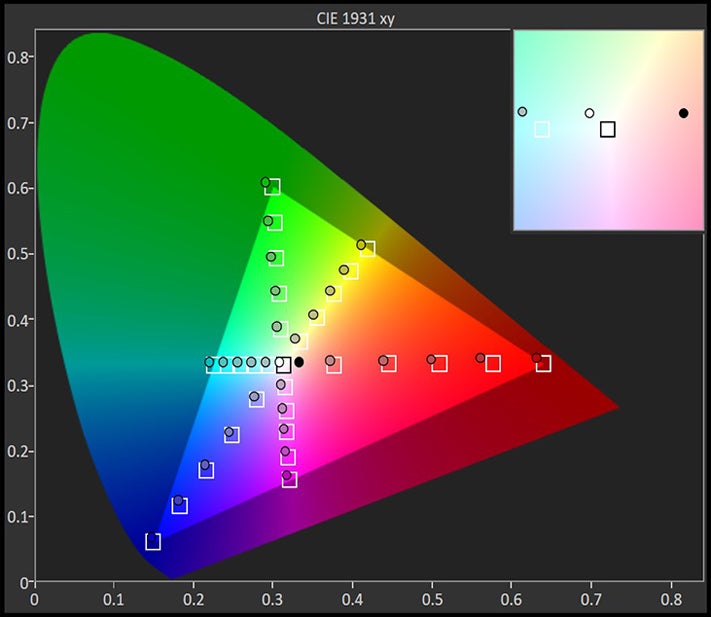
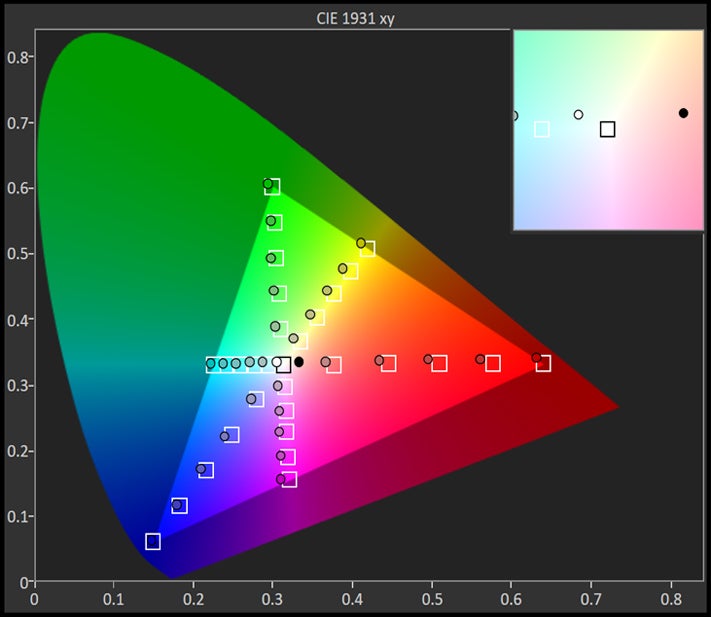




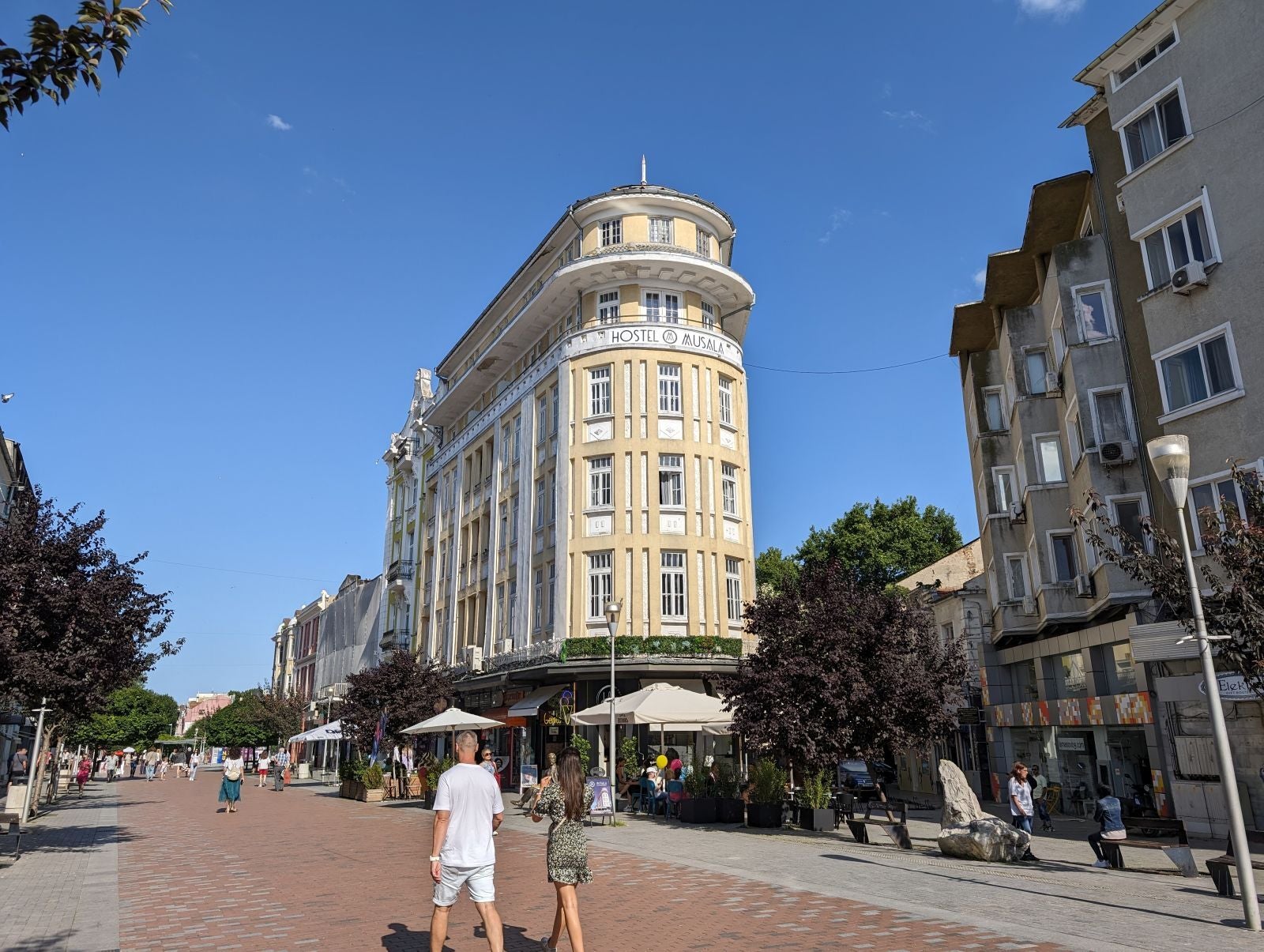
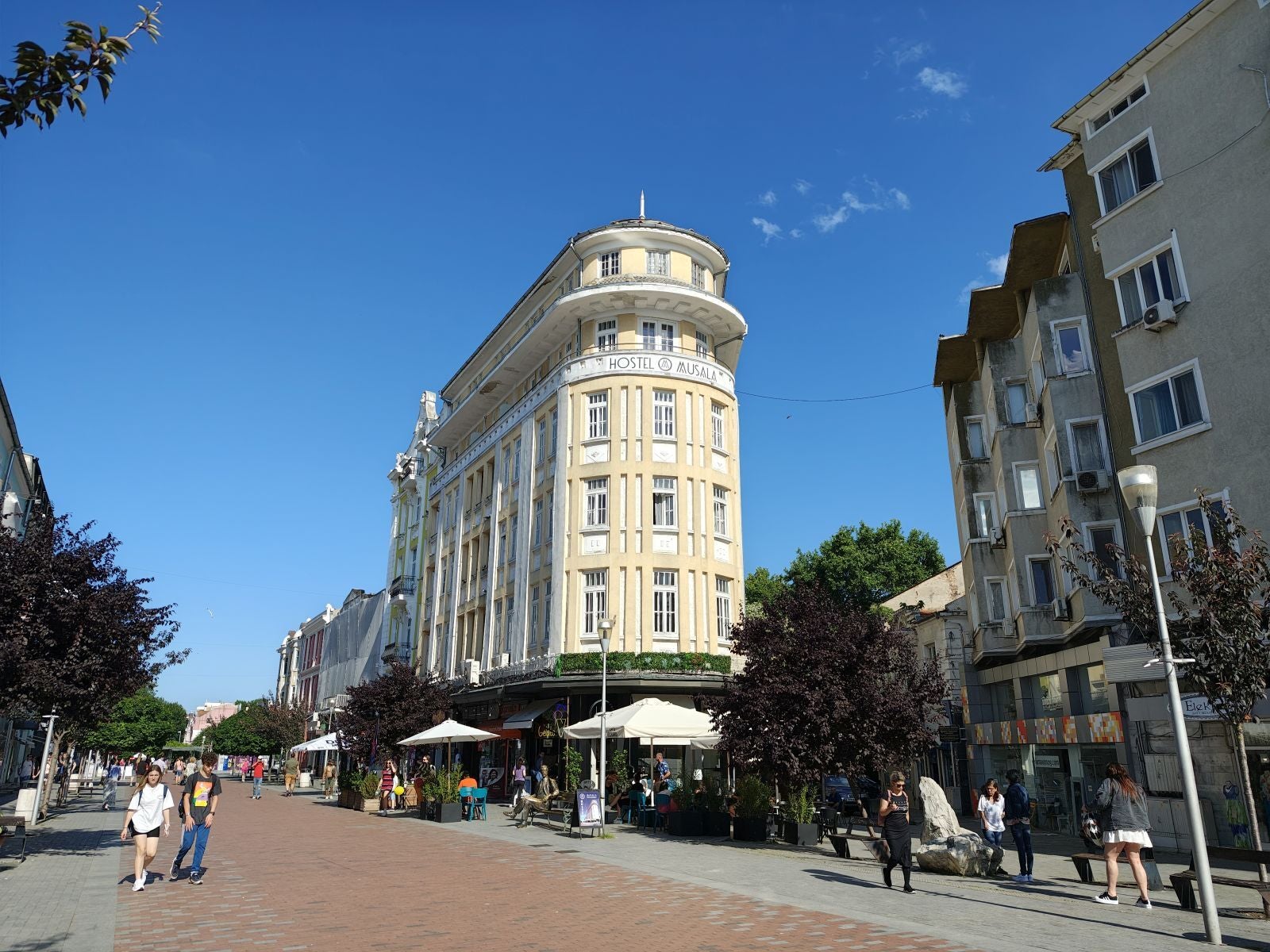
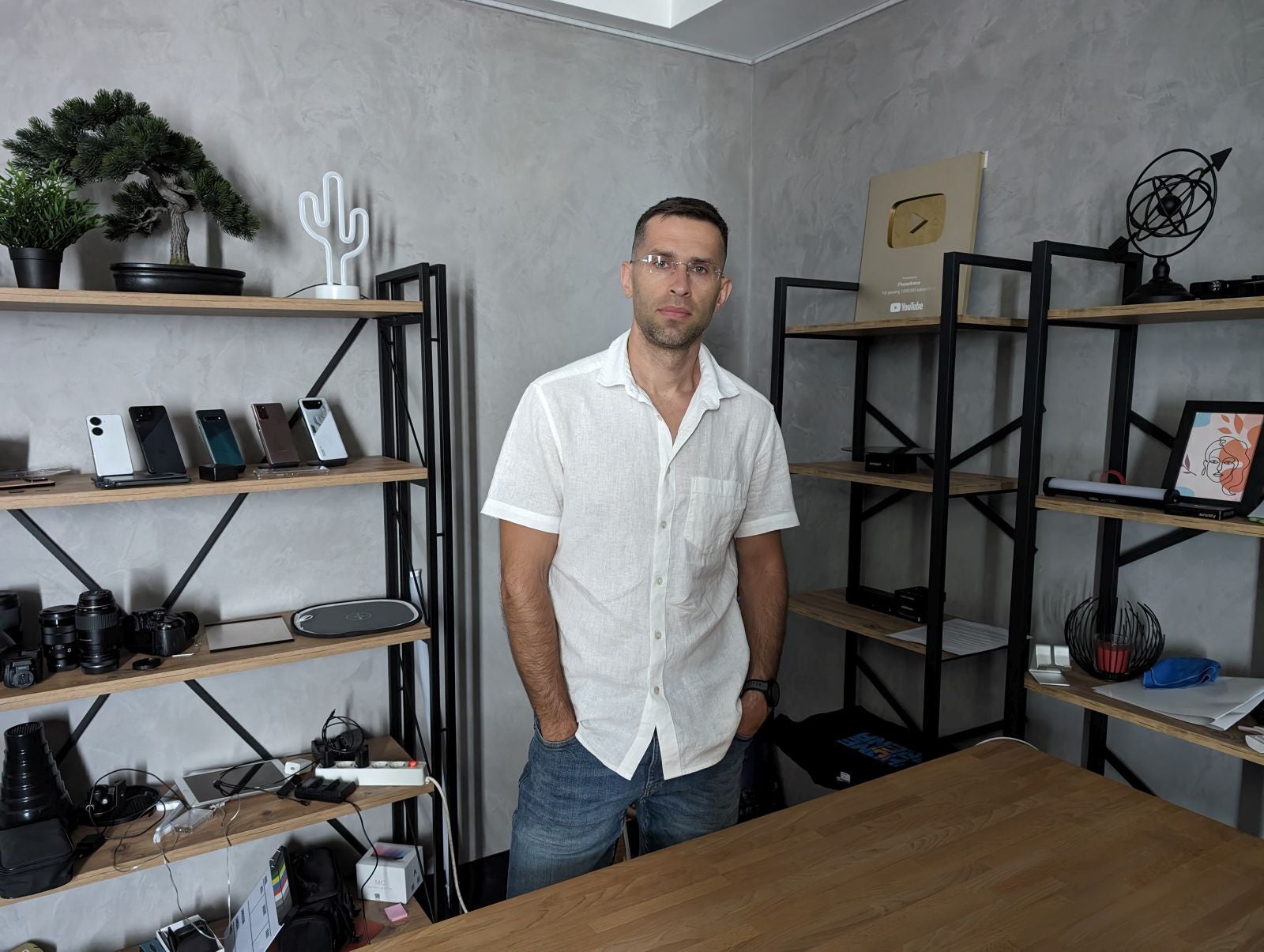

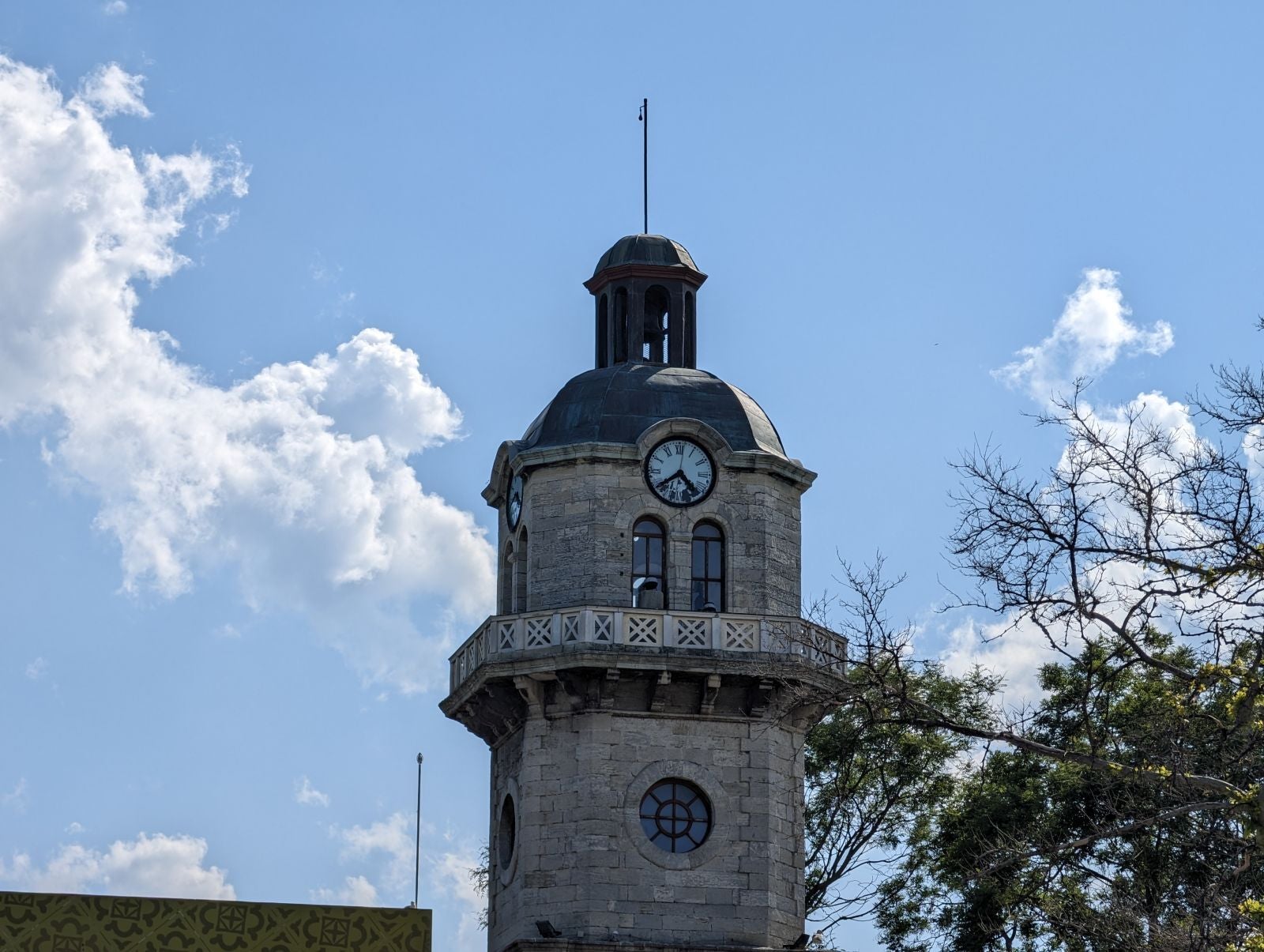

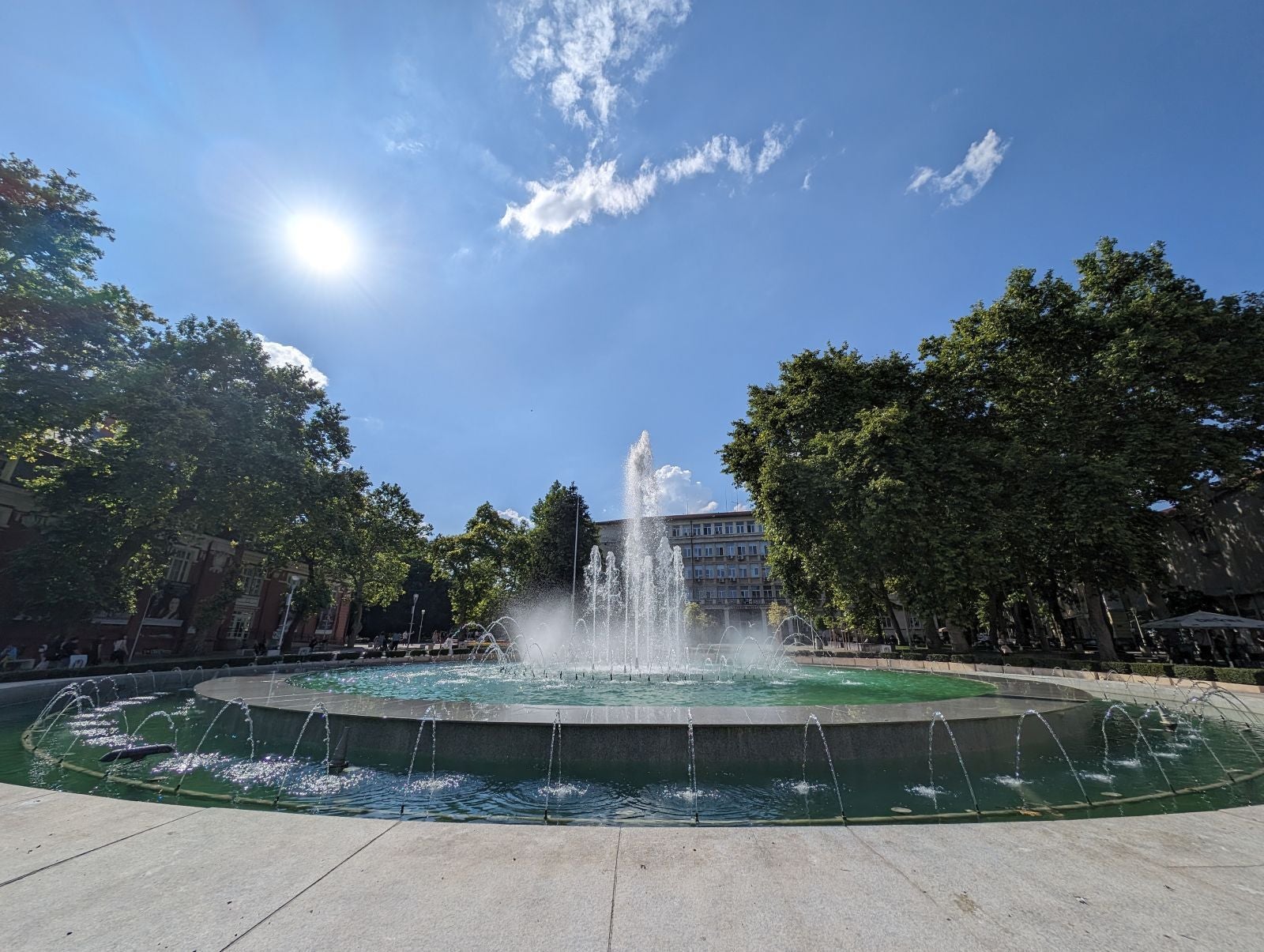
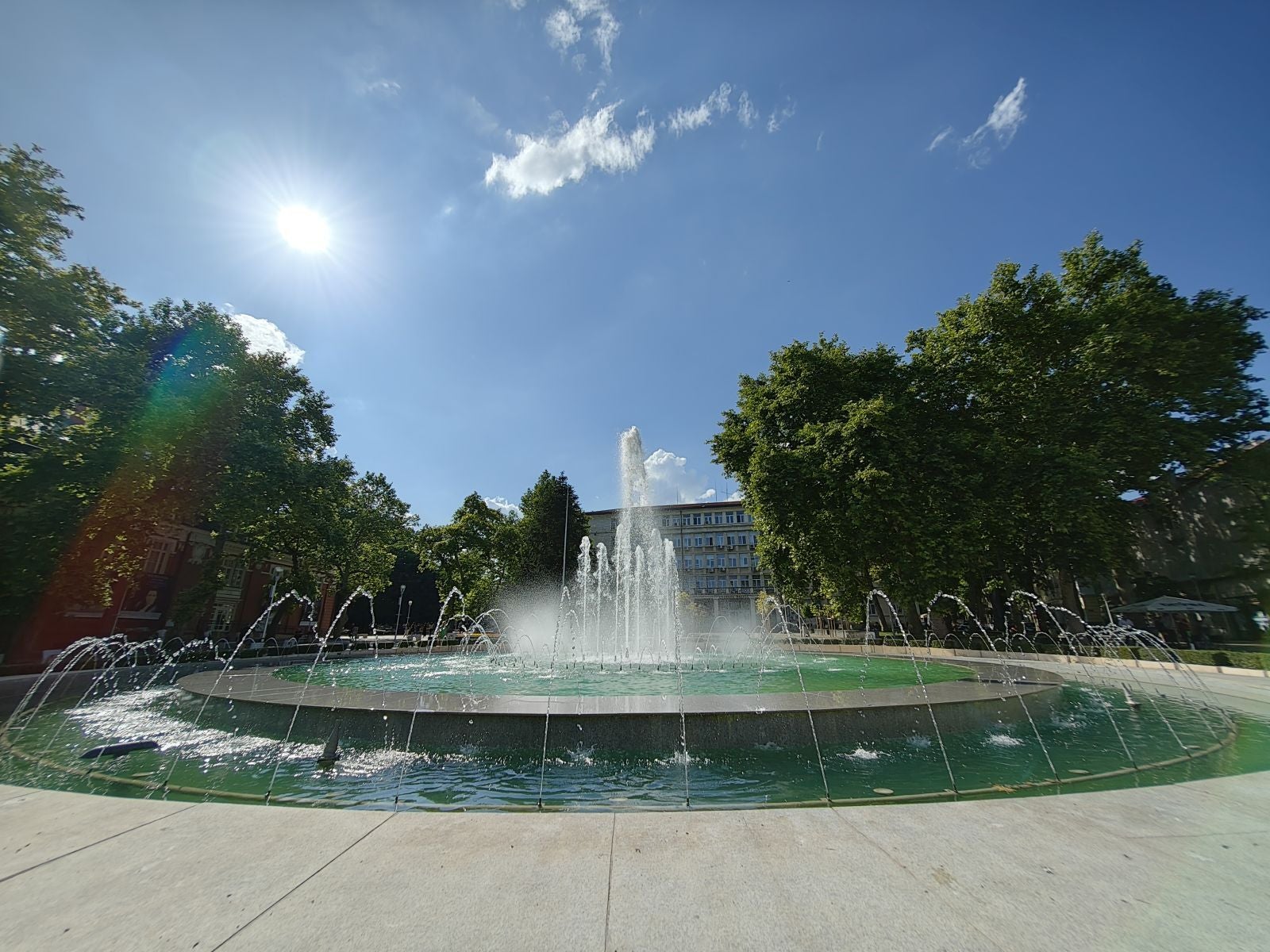






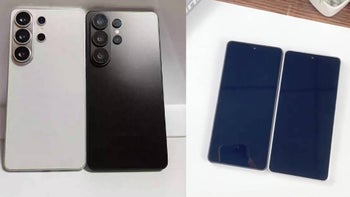
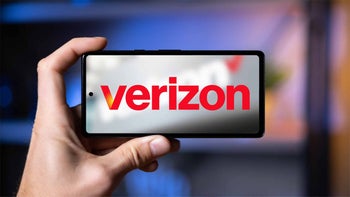
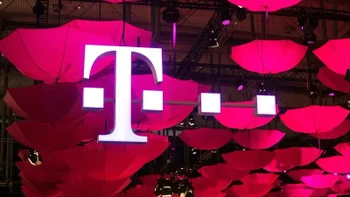






Things that are NOT allowed:
To help keep our community safe and free from spam, we apply temporary limits to newly created accounts: